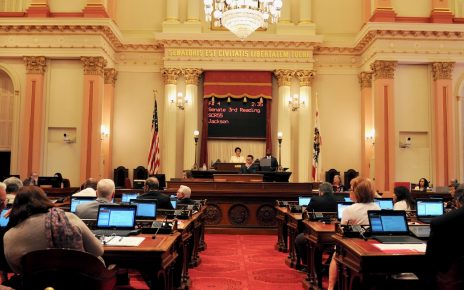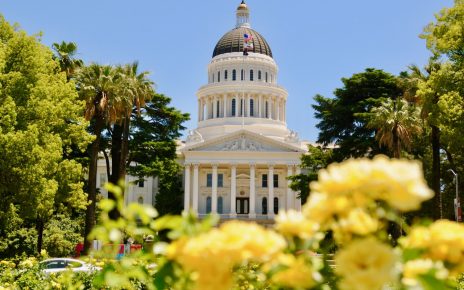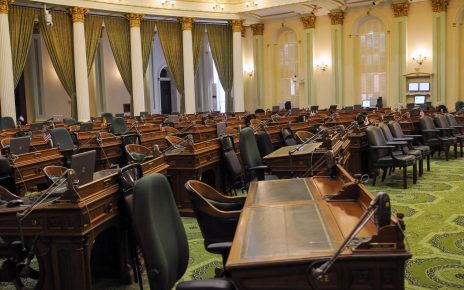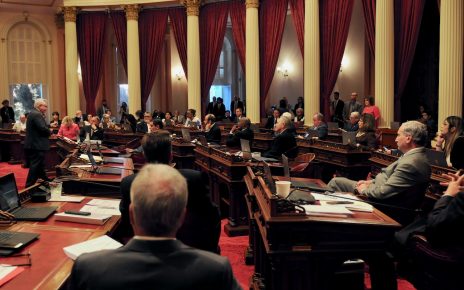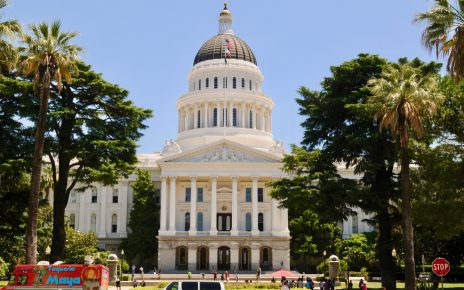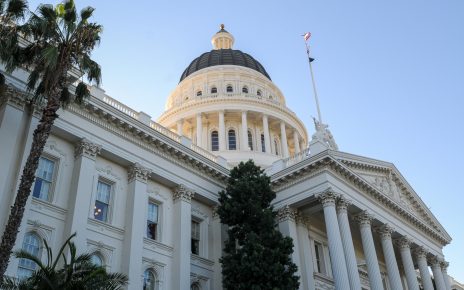Fiscal Emergency Special Sessions
In addition to extraordinary or special sessions being called by the Governor, California allows for special sessions in “fiscal emergencies.” Adopted by the voters in March 2004 as Proposition 58, Section 10 of Article IV of the California Constitution was...

